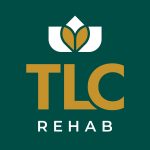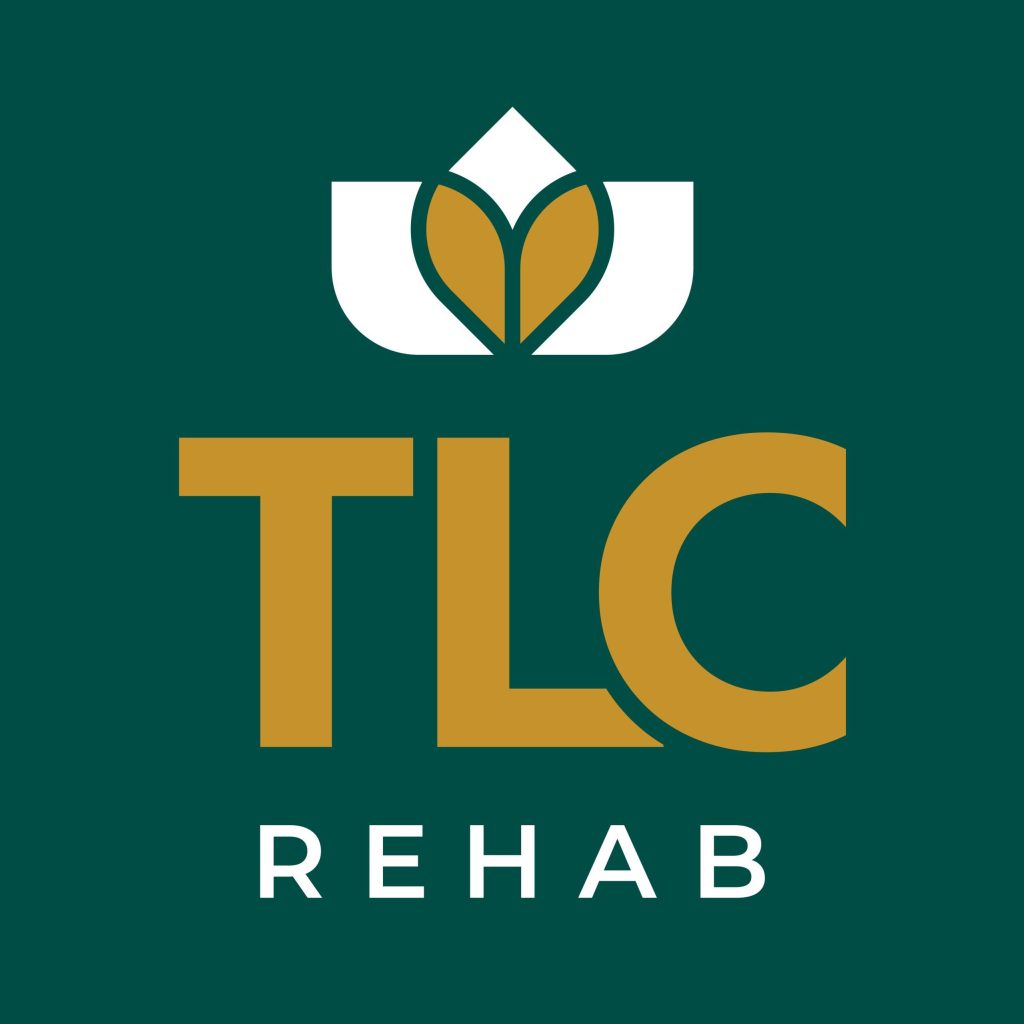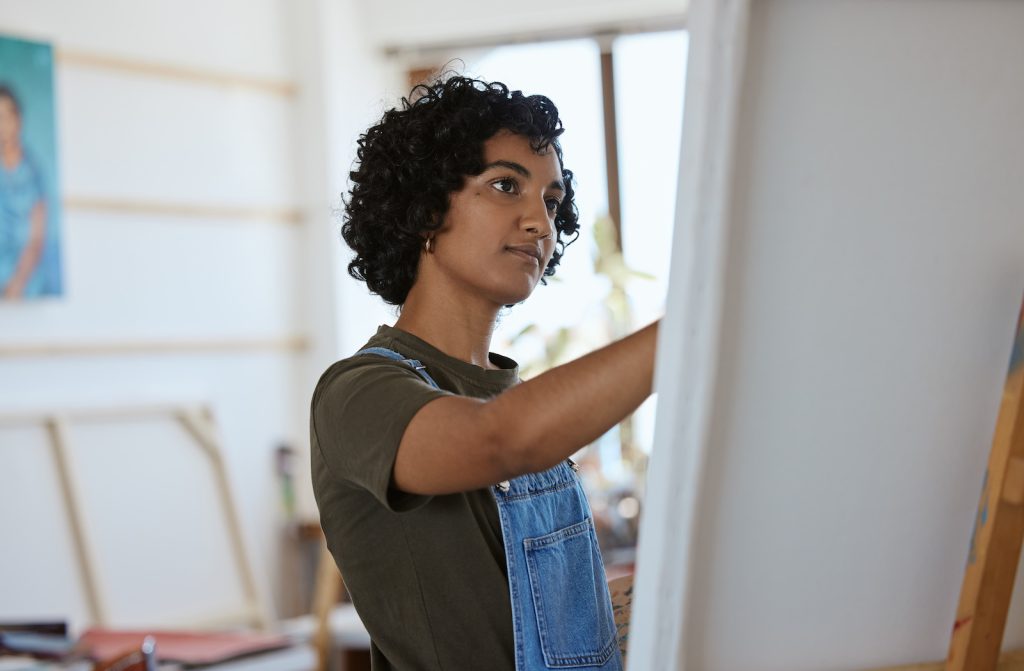Recovering from alcohol addiction is a challenging journey that often requires a multifaceted approach. While traditional therapies and support groups play crucial roles, one often overlooked yet highly effective tool in rehabilitation is art therapy. Engaging in creative activities can provide numerous benefits to individuals seeking recovery from alcohol addiction.
1. Emotional Outlet:
One of the primary benefits of art therapy in addiction rehabilitation is its ability to serve as an emotional outlet. Many individuals struggling with addiction have underlying emotional issues that they may have been masking with alcohol. Art allows them to express their emotions, fears, and anxieties in a non-verbal and safe way. This creative process can help individuals understand and process their feelings, leading to improved emotional well-being.
2. Stress Reduction:
Recovery can be a stressful and anxiety-inducing process. Engaging in art activities can serve as a healthy distraction from stressors, reducing overall anxiety levels. The act of creating art releases endorphins, which are natural mood lifters, helping individuals cope with the stress of rehabilitation.
3. Self-Discovery:
Art therapy encourages self-reflection and self-discovery. As individuals explore their creativity, they often uncover hidden talents, interests, and aspects of their identity that were previously suppressed or overlooked. This newfound self-awareness can boost self-esteem and confidence, which are essential in the recovery journey.
4. Improved Communication:
Addiction can strain relationships and hinder effective communication. Art therapy can improve communication skills, as individuals learn to express themselves visually and creatively. This can be especially helpful when traditional verbal communication is challenging or triggering.
5. Coping Skills:
One of the key objectives in addiction rehabilitation is teaching individuals healthier ways to cope with stress and cravings. Art therapy provides individuals with alternative coping strategies, helping them develop a toolbox of techniques to manage their emotions without resorting to alcohol.
6. Mindfulness and Focus:
Creating art often requires individuals to be fully present in the moment, promoting mindfulness. This practice can help individuals let go of regrets about the past and anxieties about the future, allowing them to focus on the present and their journey to recovery.
7. Building Resilience:
Art therapy teaches individuals to embrace mistakes and imperfections as part of the creative process. This mindset can be applied to their recovery journey, helping them build resilience and persevere through setbacks and relapses.
8. Social Connection:
Participating in group art therapy sessions can foster a sense of belonging and community among individuals in recovery. Sharing their art and experiences with others can create a supportive and empathetic environment that is conducive to healing.
In conclusion, art therapy is a valuable and often underutilized tool in alcohol addiction rehabilitation. Its ability to provide emotional release, reduce stress, promote self-discovery, and teach coping skills makes it an integral part of a holistic approach to recovery. Through creative expression, individuals can find healing, discover their inner strength, and embark on a journey towards lasting sobriety. Art has the power to transform lives, and in the context of addiction rehabilitation, it can be a powerful catalyst for change and recovery.


